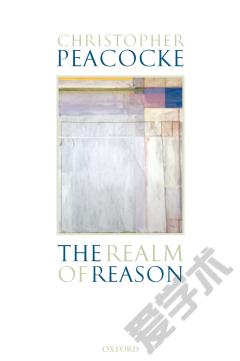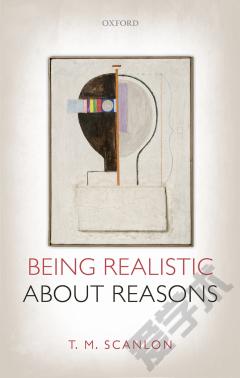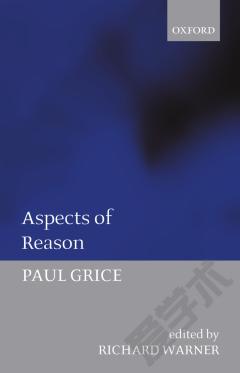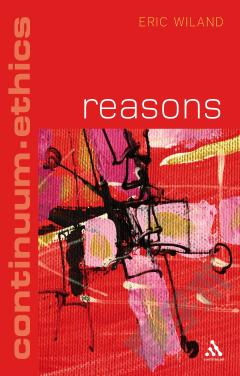The Realm of Reason
© Christopher Peacocke 2004. All rights reserved.In his The Realm of Reason, the author proposes a theory that states the conditions under which a thinker can be said to be entitled to form a given belief. The author's 'Generalised Rationalism' is based on three principles of rationalism, each framed as a claim about the relation of entitlement. The theory is rationalist in that it holds, against empiricism, that some entitlements are a priori, i.e. justified independently of experience; it is generalised in that it holds that all kinds of content have a component that is a priori. The status of these entitlements as a priori is founded in a particular way in the network of relations between entitlement, understanding, and truth. The author applies his theory in detail to several classical philosophical problems, including the nature of perceptual entitlement, induction, and the status of moral judgements. In the course of these discussions, the author develops a theory of the structure of entitlement and a general theory of the a priori, elaborates on the nature of Generalised Rationalism by juxtaposing it to classical and recent rationalist thought, and elucidates the general implications the truth of his theory has for theories of meaning, reference, and explanation.
{{comment.content}}








 京公网安备 11010802027623号
京公网安备 11010802027623号